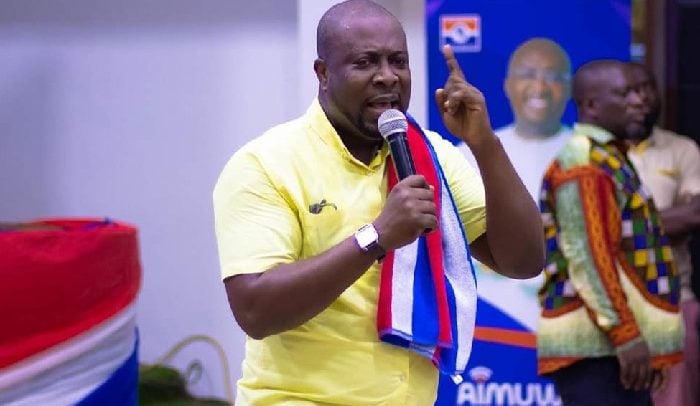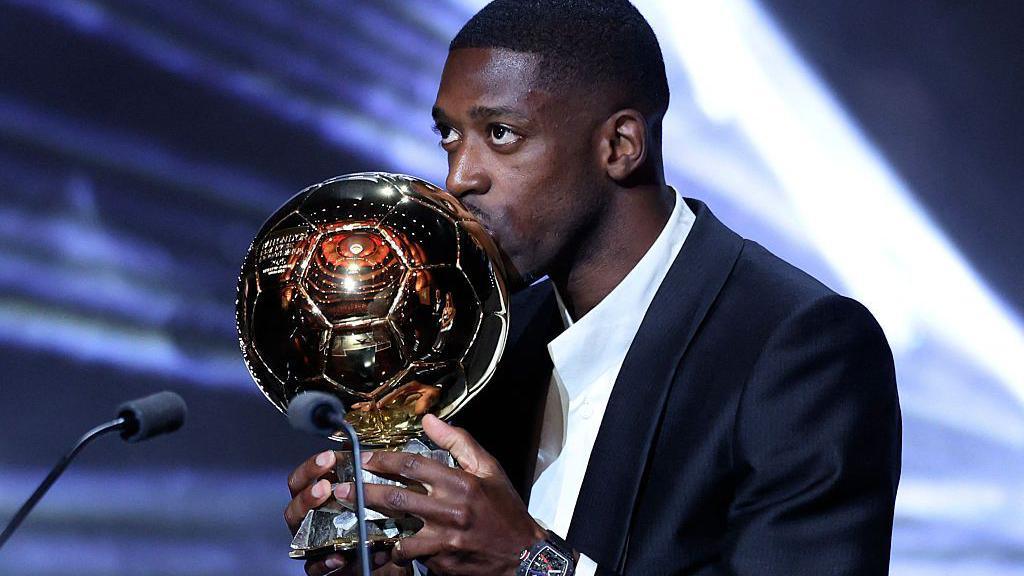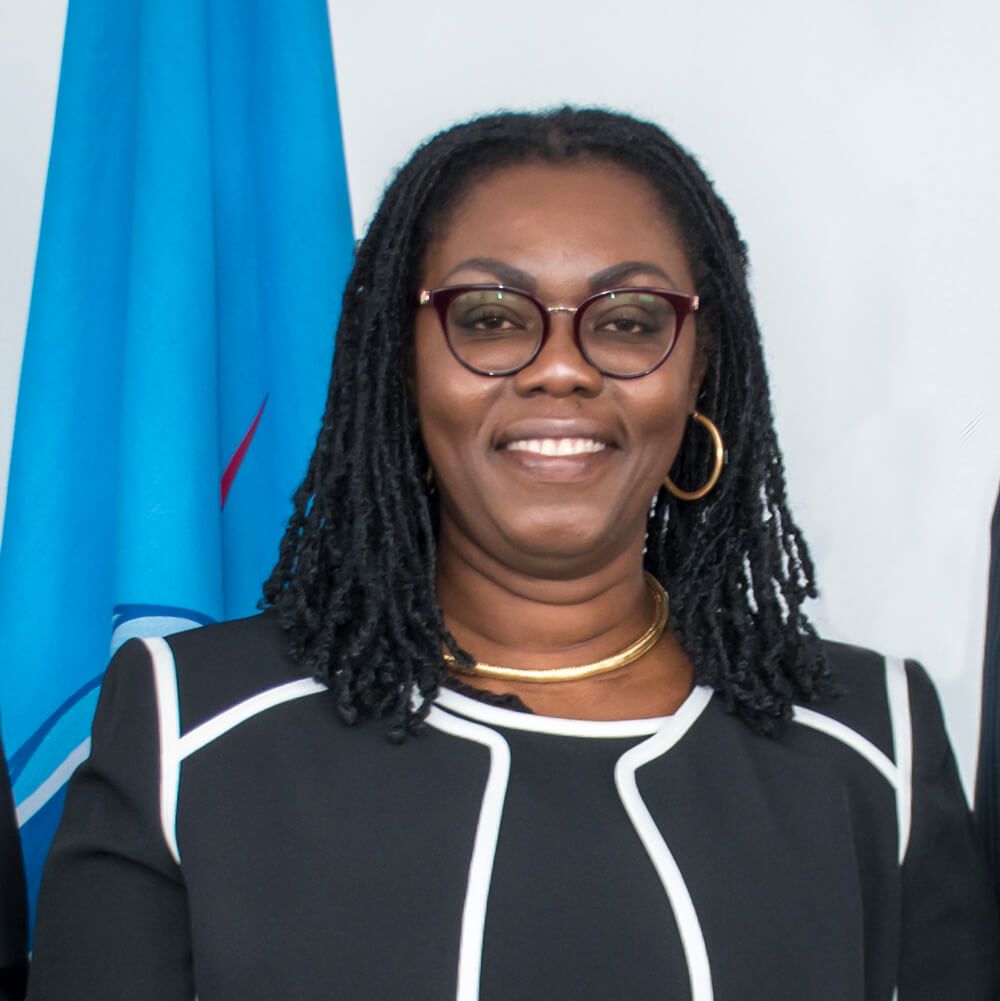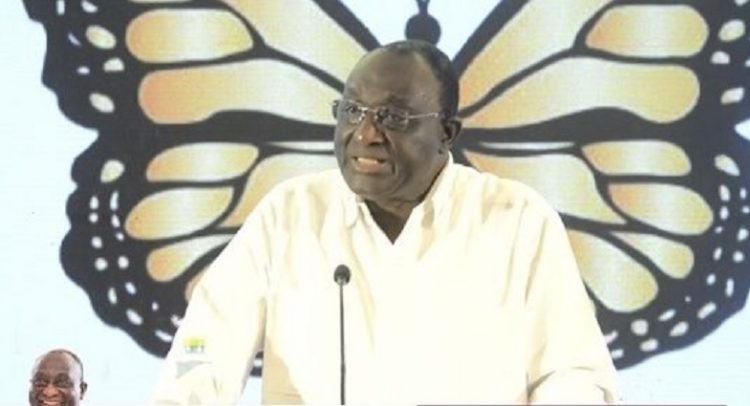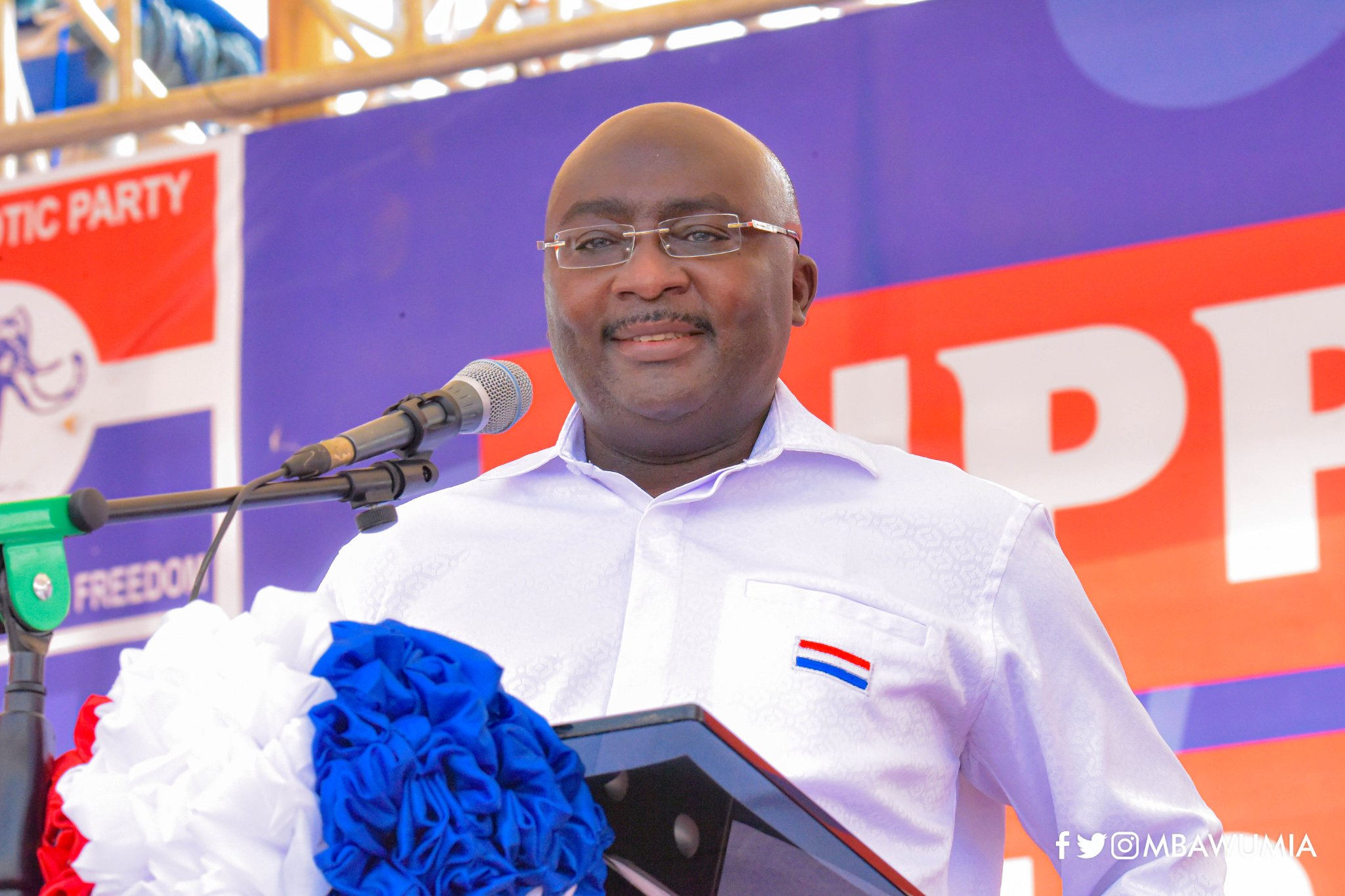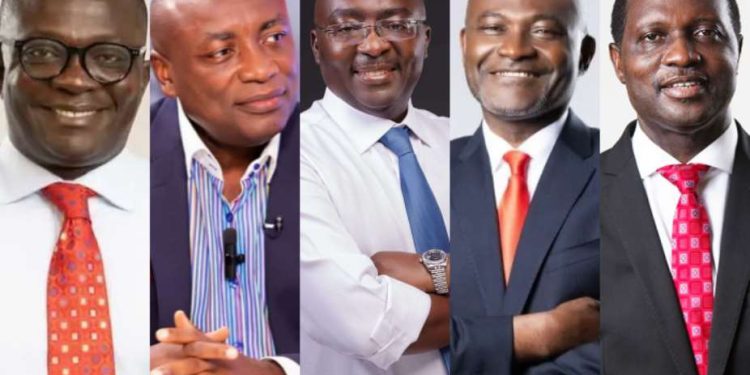Ghana’s opposition New Patriotic Party (NPP) will stage a protest in the capital Tuesday, accusing President John Mahama’s administration of weaponizing state institutions to target political opponents through what it described as “selective justice.”
The demonstration comes amid a string of high-profile arrests involving senior NPP officials. Protesters will march through central Accra, waving party flags and chanting slogans denouncing what they claim are politically motivated prosecutions under the Mahama-led government.
Salam Mustapha, the party’s National Youth Organizer, confirmed that the protest had been coordinated with police in accordance with Ghana’s Public Order Act. “We fulfilled all legal requirements, including the five-day notification period,” Mustapha said in an interview. “The routes and logistics were agreed upon with law enforcement.”
Among those recently detained is Bernard Antwi Boasiako, widely known as Chairman Wontumi, the party’s influential Ashanti Regional Chairman. He was taken into custody by the Economic and Organized Crime Office (EOCO). In a separate incident, another regional chairman, Kwame Baffoe—popularly known as Abronye DC—was also arrested by police. The NPP alleges that numerous other members and party sympathizers have faced similar treatment in what it calls a “deliberate campaign to intimidate the opposition.”
The Mahama government has not publicly responded to the latest round of accusations. However, it has previously maintained that investigations and arrests are conducted strictly in accordance with the law and are not politically motivated.
The protest underscores rising political tensions in Ghana as the country heads into a critical electoral year. With general elections slated for late 2026, the NPP has increasingly framed its political messaging around themes of judicial independence and the rule of law.
Party officials say Tuesday’s march is only the beginning of a broader campaign aimed at mobilizing public support against what they view as the erosion of democratic norms under the current administration.
“Justice must not only be done—it must be seen to be done,” Mustapha said. “We are standing up to ensure that justice in Ghana is blind, and not beholden to the ruling party.”



